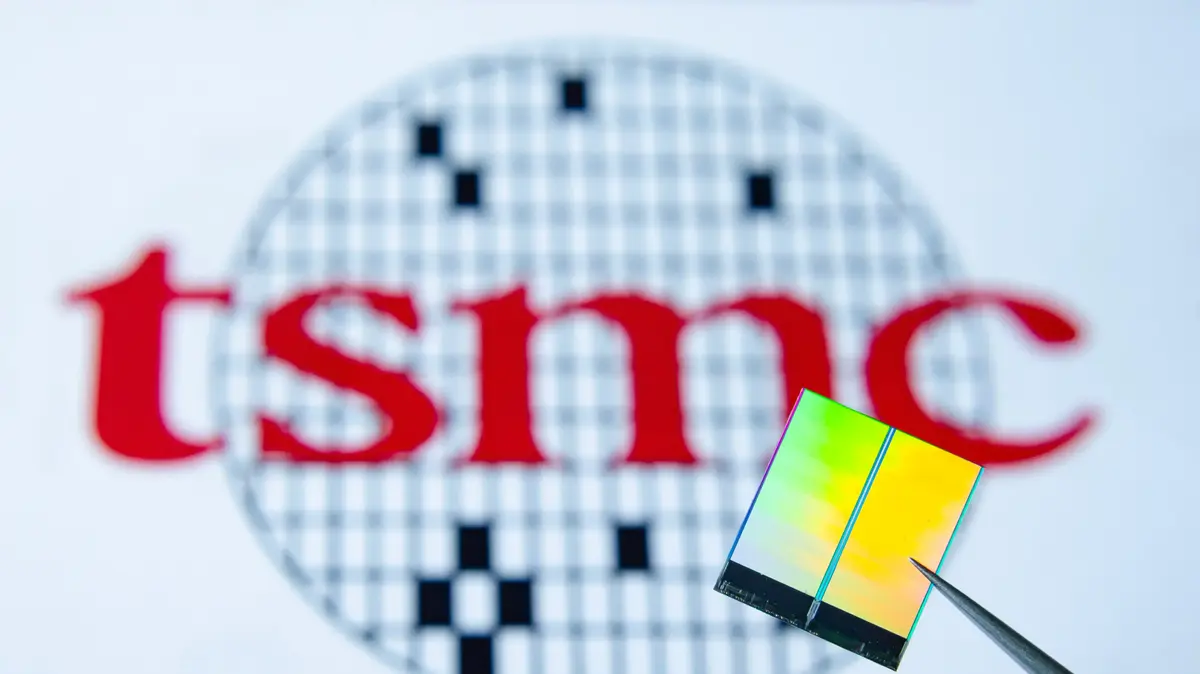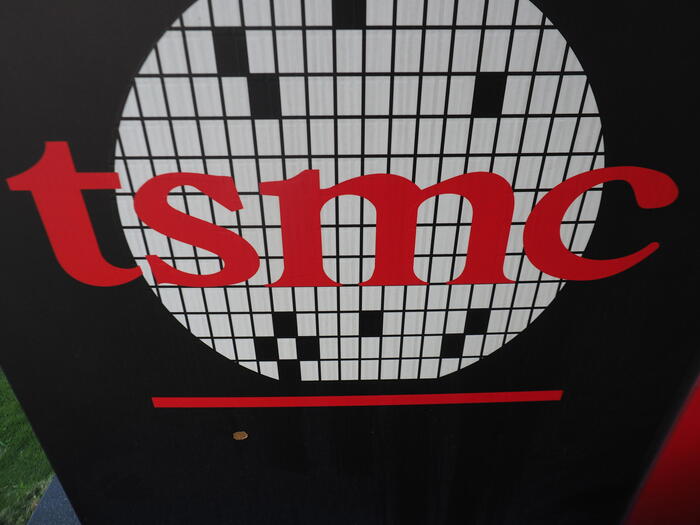When Antonio Varas wanted to make his father see the size of the company he works for, he took two Spanish business giants as an example: "It's bigger than Banco Santander and Telefónica," he explained.
And so it is.
Synopsys, an American technology company in the chip sector, is worth 57,000 million dollars on the stock market, an amount that today is equivalent to almost the same in euros, and has a workforce of more than 16,000 employees.
Varas, a 49-year-old from Avila raised in Santander, has a degree in Economics from the University of Deusto and an MBA from Stanford, is the general director of Strategy and Corporate Development of the multinational.
He has been on board for a year, but more than a decade in the complex world of semiconductors, making him one of the most authoritative Spanish voices on the matter,
By videoconference from the Sunnyvale (California) campus, a stone's throw from Mountain View – where Google is headquartered – she sheds light on a crisis that has revived buried questions.
What would happen in the worst case scenario, that of an occupation of Taiwan by China that would cut off Western access to its semiconductors?
“If it happened today it would be dramatic.
The time it would take for factories around the world to stop, I don't know if it would be three weeks as the European commissioner, Thierry Breton, says, or three months.
It would depend on the storage levels that exist.
Today's world cannot be conceived without semiconductors.
Taiwan represents 90% of the advanced processors that go into computers, phones, consoles, data centers... they are the most advanced chips of less than 10 nanometers.
Brussels has launched a plan to mobilize 43,000 million euros for the chip industry, the US Senate has just approved a 52,000 million dollar law for the same, and firms such as Intel are increasing their capacity both in the US and abroad. in Europe.
But in the world of semiconductors, with such a high level of technological sophistication, projects take several years to come to fruition.
Varas points out that this approach of the supply chain is not only born of fear of the Chinese military machine.
“The investments that are being made now are not considered as an alternative in case Taiwan's production drops to zero.
The industry does not build 30% or 40% of extra capacity for something hypothetical like the invasion of Taiwan, because it can mean having idle factories that cost between 5,000 million and 10,000 million dollars.
They do it because demand, although in the short term it is going down in computers and remains flat in mobile phones after the boom of the pandemic, it is still high in data processing centers, industry, defense and automobiles, not because more cars are sold , but because each one carries more semiconductors”.
Spain is also in that race with a plan of 12,000 million euros, although there are still many unknowns.
“Seeing him from the outside, the big question is what he is going to do.
Because this is a cluster industry: the US, South Korea, Japan, Germany or Italy are integrated into the value chains.
Theoretically, you can set up a chip factory anywhere in the world, but you need access to low-cost water and electricity, proximity to an airport, and a company willing to do it that receives subsidies.
Spain can fulfill all of this, but you also need qualified labor.
In Taiwan it exists, and in China, but even in the US it is not so clear that there is enough, and they are considering bringing engineers from Taiwan.”
This does not mean that Europe and the US are going to stop looking at Asia, as the Spanish executive explains.
“The Western goal is not self-sufficiency.
That's impossible.
It is to diversify geographically.
The medium-long-term geostrategic goal is for a significant percentage of the global logic chip manufacturing capacity (processors) to be located outside of Taiwan, and ideally not concentrated in South Korea and Japan either, given that these two countries they also border China and North Korea.”
Chips travel by plane
Chinese retaliation to the visit of the president of the US House of Representatives, Nancy Pelosi, has not caused palpable damage so far.
And Beijing risks shooting itself in the foot if it doesn't tread carefully.
“The greatest impact is on maritime traffic, rather than air traffic.
The good news is that chip exports are done by air, so they are likely to be less affected as selective air blockades cannot be done.
In addition, China is highly dependent on Taiwan for the supply of semiconductors, so blockades that impact the Taiwanese industry (not only chips, but also silicon wafers and other materials such as substrates) would be very detrimental to China itself. ”, Varas says.
The buried technological battle has been underway for a long time, and there are historical precedents that come to the fore.
“If you look at the import controls that the US put in place, they are increasingly restricting China's access to cutting-edge semiconductor technology.
And the more this access is reduced, the more the incentive to seek alternative routes can grow.
Some analysts compare it to Japan's attack on Pearl Harbor in World War II, which was precipitated when the US restricted its access to raw materials and oil.
It would not be easy for Beijing to keep TSMC's Taiwanese factories active on its own.
“The industry supply chain is based on global cooperation.
Keeping Taiwan's chip factories running requires access to raw materials, equipment, software and technology from other countries."
50% off
Subscribe to continue reading
read without limits
Keep reading
I'm already a subscriber








